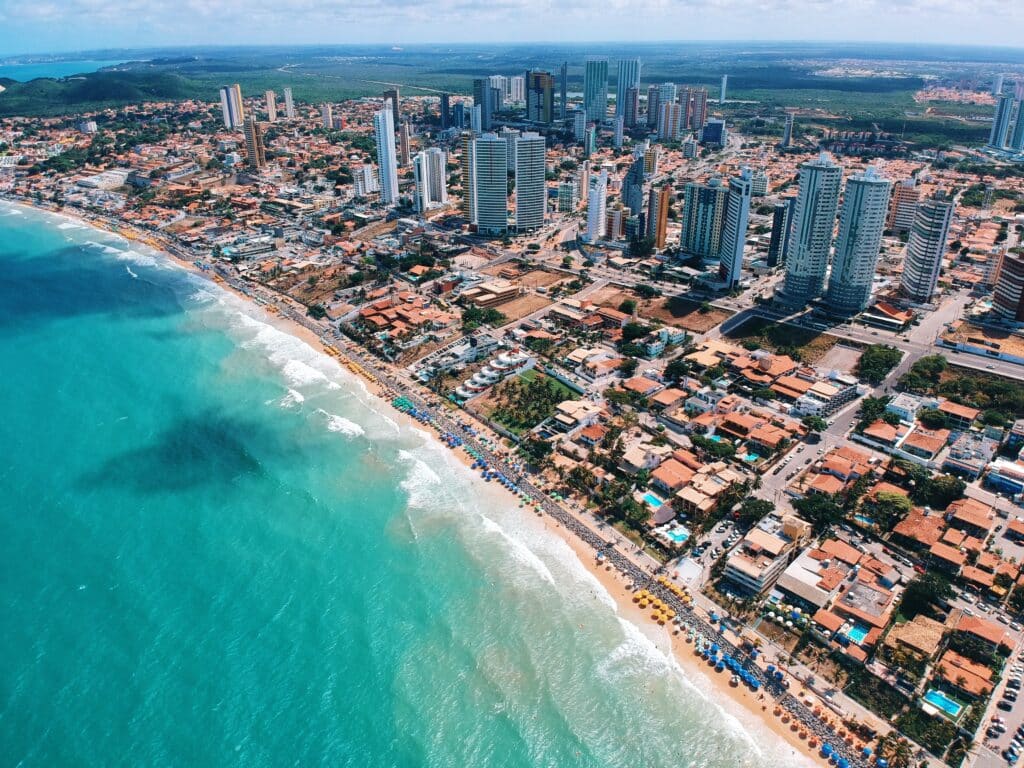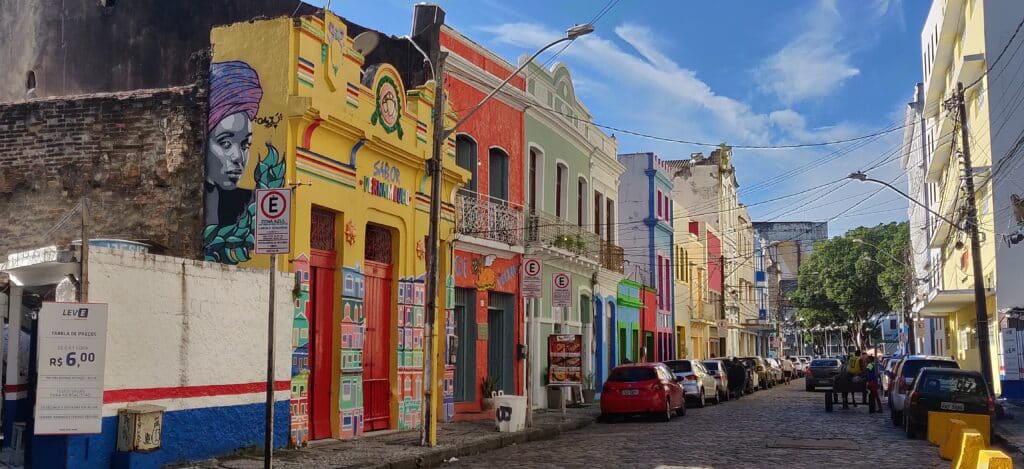With its diverse cultures, scenic views, and welcoming people, moving to Brazil can feel like an exciting adventure.
Just like anywhere else, living in Brazil has pros and cons. A little planning can make it easier for you to emphasize the pros and avoid the cons.
The following topics should help you move to Brazil and settle in to enjoy a comfortable life.

Research Your Visa Requirements
For most foreigners who wish to live or visit Brazil, you will need at least one of the following visas to enter the country:
- Tourist visa (VITUR): This allows for multiple entries for up to 90 days.
- Business visa (VITEM-II): For professionals visiting existing companies or organizations’ offices in Brazil to seek business opportunities in Brazil.
- Work visa (VITEM-V): Usually you need to have a job before obtaining this visa and entering the country.
- Permanent visa (VIPER): Issued to those who invest a minimum of $150,000 BRL or those seeking for residency or retirement.
If you’re thinking of living in Brazil long-term, you will need a permanent visa before moving to Brazil. To do this, you will need to visit a Brazilian consulate or have a proxy—typically a lawyer—apply for you.
Do not send your application through the mail. Brazil requires that all visa applications are handed to a consulate. It does not accept visa applications via mail.
Not everyone qualifies for a permanent visa in Brazil.
For American citizens, you can read the full list of requirements and exceptions at the Consulate General of Brazil in Washington website. Some people eligible for permanent visas include:
- People who have family in Brazil, including spouses and informal domestic partners.
- Retirees who wish to live in Brazil.
- Investors who have interests in Brazil.
- Professionals with job offers in areas like scientific research or teaching.
- Executives moving to Brazil for professional reasons.

Understand Its Currency and Economy
The currency that is used in Brazil is the Brazilian real (BRL). As of this writing, 1 U.S. dollar converts to about 5.2 Brazilian reals.
These differences in value are based on several factors. The currency exchange rate is determined by government stability, regulation, the economy, inflation, demand for foreign currency, and more.
According to the Heritage.org 2021 Index of Economic Freedom, due to the impact of COVID-19, the economy was forecast to contract by 5.8 percent for the year. This means the job market may shrink and may not be an optimal time for people (including foreigners) to find a job.
Prepare Your Finances
If you plan to move to Brazil permanently, you will need to move your finances to a bank you can access locally.
Keep in mind that you may not need to liquidate your other financial assets, such as stocks and bonds. It isn’t usually necessary.
You can keep them after moving to Brazil. Though you might find that you have a more difficult time accessing the funds once you move. Talk to your financial institution to make arrangements before moving.
Further reading: Your Complete Guide to the Brazilian Pix System

Find Work in Brazil or Start a Business
A job offer should make it much easier for you to get a permanent visa to live in Brazil.
If you have technological or scientific experience, reach out to organizations and schools in Brazil to look for job opportunities.
If you have experience in business with Brazil, you could try to convince your company to relocate you there.
Working in Brazil as a foreigner isn’t always easy because you might not know Portuguese or understand the local culture. Assistance from an established company or school can help a lot as you acclimate to the area.
Entrepreneurs looking to start businesses in Brazil could also receive a warm welcome from the government. Expect to have at least $50,000 before the country will take your interest seriously.
You may need help getting the permits and other documents required to start a business in Brazil. Reach out to the American Chamber of Commerce in Brazil for assistance.
Get a Place to Live
How much does it cost to move to Brazil? That largely depends on where you want to live.
Large, popular cities like Brasilia, São Paulo, and Rio de Janeiro are some larger cities in the country. If your reasons to move to Brazil involve culture, you will probably focus on these cities.
Big cities, however, can cost more to live in. Whether you purchase a home or rent an apartment, you will spend more by living in one of these cities.
Luckily, you have other options outside of cities areas that offer gorgeous views, kind people, and lower prices.
Before you decide where to move, take a trip to Brazil so you can experience smaller cities like Curitiba and Florianopolis to get a feel of the living environment there.

Figure Out Health Insurance
Technically, anyone living legally in Brazil has access to free, universal healthcare. In practice, public hospitals can have long waiting times and limited supplies.
Before you can seek care, you will need to get a Sistema Único de Saúde (Unified Health System) card. Even most private doctors and hospitals require an SUS card.
If you don’t want to participate in the public healthcare system, you can get private insurance. Several companies sell private health insurance for expats in Brazil. Compare your options from providers like:
Finding Community in Brazil
If you don’t already have connections to expats living in Brazil, you can meet new people through options like:
- Facebook groups where expats in Brazilian share stories and make friends.
- Taking classes to improve your Portuguese.
- Searching Meetup and similar websites for expat events.
When in doubt, use your favorite search engine to find expats from your home country living in Brazil.